Hackney. Guns. Murder Mile. These were the phrases being bandied around by the national media in 2003 when the BBC film chose to commission a project then entitled ‘Da Boys’. Two years later the glamorous working title has been transformed into ‘Bullet Boy’ and what potentially started off as the UK’s answer to the Menace II Society has taken a stab at becoming the African British Boys in the Hood.
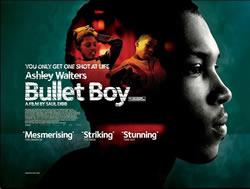
Ashley Walters convincingly plays Ricky, a young African man determined to go straight after being released from a youth offender’s institution following his conviction for violent crime. Yet within days of his release and despite his best efforts, he and his family tragically become embroiled in gun crime led by his sardonically named friend Wisdom played by actor Leon Black. Meanwhile Ricky’s twelve year old brother Curtis (Luke Fraser) becomes the latest victim to become indoctrinated in the culture, with the expected dire consequences.
Bullet boy was developed by Saul Dibb and African British co-writer Catherine Johnson, both who have lived in Hackney. Perhaps it was this familiarity with the area and Dibb’s experience in documentaries which lent an air of authenticity to the proceedings.
The film’s producers Ruth Caleb and Marc Boothe collectively have a substantive history in the UK Film industry. Indeed the African British Boothe was involved in the UK marketing and distribution campaign for the controversial 1997 film Menace II Society.
Much attention is given to authenticating cultural hooks all which serves to paint a picture of sincerity and sensitivity lacking from most ‘guns in the hood’ flicks. All the character portrayals are particularly strong, from the depiction of Ricky’s terse relationship with his family and girlfriend (Sharea Mounira Samuels) to the justification behind his misplaced loyalty to friend Wisdom.
Yet it is exactly this manufactured authenticity which makes the film so disingenuous. These are very believable characters in a heavily exaggerated tale of Hackney life. In a similar manner to the way Kevin ‘O-Dog’ in Menace was a one dimensional caricature of all that was wrong with disenfranchised African Americans, Wisdom was based on a similar template and portrayed as one of the African British bogeyman of gun crime leading a helpless Ricky astray.
The message portrayed was one of normality in absence of authority, however even as a message movie Bullet Boy also had many faults. Notably, there was not enough depth to the relationship between Ricky and his mother (Claire Perkins). Whilst this may seem insignificant it is important to place this in context as it is inevitable that comparisons will be made with the 1991 genre challenging Boys in the Hood film by John Singleton.
However, such comparisons are flawed. Maybe it is not just because the director/writer John Singleton had true empathy as an African, but also because Larry Fishburne’s performance as Jason 'Furious' Styles and Angela Bassett as Tré Styles mother Reva Devereaux were a moral tour-de-force, both integral to the integrity and power of the entire film. In Bullet Boy, Ricky’s mother and partner (Curtis Walker) did not have the requisite force of character to make an impact on the proceedings. In fact the film portrayed almost everyone bar our bogeyman as passive, impotent victims to a bleak and violent world which engulfed them all. This message asserts a false, dangerous and hopeless myth.
The film tries to end on an optimistic note, a message preaching an optimistic future, but in reality the lasting image in everyone’s mind is the ferocity meted out by the gang of African British males over a car accident.
In conclusion, if you watch Bullet Boy wanting to learn more about how African British boys get involved in gun crime then you will be disappointed, crimes of ‘respect’ account for a small percentage of all gun crime in the UK. To understand the complexity of this issue the film would have had to tackle the impact of social and educational exclusion, disaffection, poverty, cultural disinheritance, urban masculinity, identity confusion and the very real problem surrounding the widespread availability of converted replica guns. It didn’t. If you think you will find solutions on how to stop young African British boys being attracted to firearms for ‘fashionable’ reasons, you wont. In reality the African British boys who seek firearms, want them to carry out existing criminal activity, or as a means of protection when feeling afraid and unprotected by the police. Finally, if you’re looking for this film to challenge the negative stereotypes portraying African British males as immoral, violent thugs, then this is not the film. In fact if you weren’t afraid of African British boys who wear hoods in Hackney, you will be after watching this film.
Bullet Boy, a well made drama, but also another addition to the body of negative stereotypes that denigrates African Britons.

External Links
Observer - Loaded questions

Bullet Boy
Bullet boy was developed by Saul Dibb and African British co-writer Catherine Johnson, both who have lived in Hackney. Perhaps it was this familiarity with the area and Dibb’s experience in documentaries which lent an air of authenticity to the proceedings.
The film’s producers Ruth Caleb and Marc Boothe collectively have a substantive history in the UK Film industry. Indeed the African British Boothe was involved in the UK marketing and distribution campaign for the controversial 1997 film Menace II Society.
Much attention is given to authenticating cultural hooks all which serves to paint a picture of sincerity and sensitivity lacking from most ‘guns in the hood’ flicks. All the character portrayals are particularly strong, from the depiction of Ricky’s terse relationship with his family and girlfriend (Sharea Mounira Samuels) to the justification behind his misplaced loyalty to friend Wisdom.
Yet it is exactly this manufactured authenticity which makes the film so disingenuous. These are very believable characters in a heavily exaggerated tale of Hackney life. In a similar manner to the way Kevin ‘O-Dog’ in Menace was a one dimensional caricature of all that was wrong with disenfranchised African Americans, Wisdom was based on a similar template and portrayed as one of the African British bogeyman of gun crime leading a helpless Ricky astray.
The message portrayed was one of normality in absence of authority, however even as a message movie Bullet Boy also had many faults. Notably, there was not enough depth to the relationship between Ricky and his mother (Claire Perkins). Whilst this may seem insignificant it is important to place this in context as it is inevitable that comparisons will be made with the 1991 genre challenging Boys in the Hood film by John Singleton.
However, such comparisons are flawed. Maybe it is not just because the director/writer John Singleton had true empathy as an African, but also because Larry Fishburne’s performance as Jason 'Furious' Styles and Angela Bassett as Tré Styles mother Reva Devereaux were a moral tour-de-force, both integral to the integrity and power of the entire film. In Bullet Boy, Ricky’s mother and partner (Curtis Walker) did not have the requisite force of character to make an impact on the proceedings. In fact the film portrayed almost everyone bar our bogeyman as passive, impotent victims to a bleak and violent world which engulfed them all. This message asserts a false, dangerous and hopeless myth.
The film tries to end on an optimistic note, a message preaching an optimistic future, but in reality the lasting image in everyone’s mind is the ferocity meted out by the gang of African British males over a car accident.
In conclusion, if you watch Bullet Boy wanting to learn more about how African British boys get involved in gun crime then you will be disappointed, crimes of ‘respect’ account for a small percentage of all gun crime in the UK. To understand the complexity of this issue the film would have had to tackle the impact of social and educational exclusion, disaffection, poverty, cultural disinheritance, urban masculinity, identity confusion and the very real problem surrounding the widespread availability of converted replica guns. It didn’t. If you think you will find solutions on how to stop young African British boys being attracted to firearms for ‘fashionable’ reasons, you wont. In reality the African British boys who seek firearms, want them to carry out existing criminal activity, or as a means of protection when feeling afraid and unprotected by the police. Finally, if you’re looking for this film to challenge the negative stereotypes portraying African British males as immoral, violent thugs, then this is not the film. In fact if you weren’t afraid of African British boys who wear hoods in Hackney, you will be after watching this film.
Bullet Boy, a well made drama, but also another addition to the body of negative stereotypes that denigrates African Britons.

Ashley Walters
External Links
Observer - Loaded questions
Ligali is not responsible for the content of third party sites

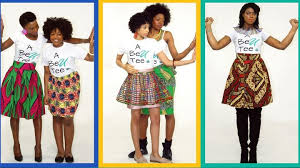
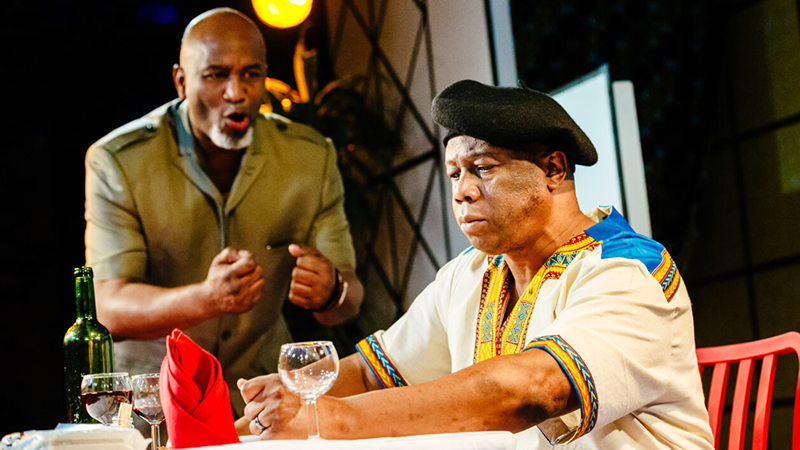
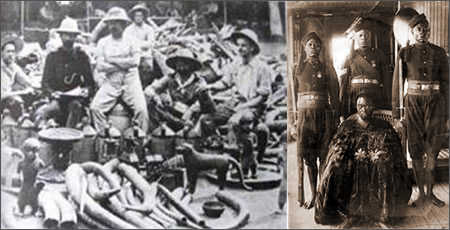
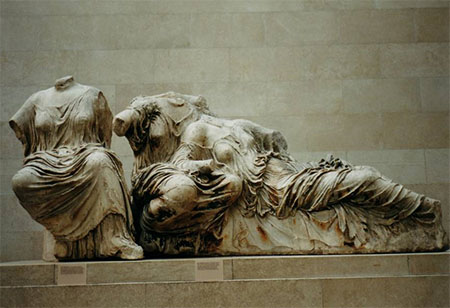
Get involved and help change our world